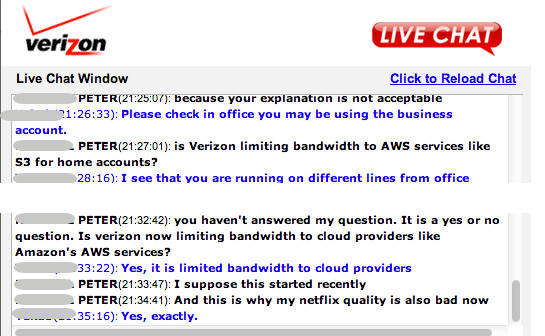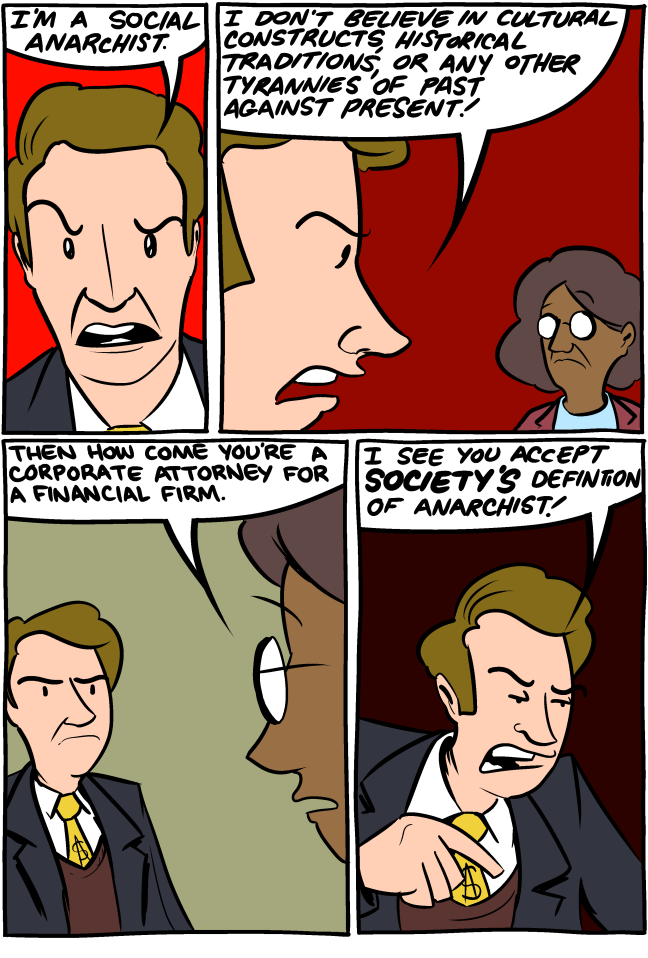We had a Skeptics in the Pub event in Grand Rapids over the weekend and one of the people there was a libertarian. As most of my longtime readers know, I have some sympathies with many libertarian ideas and I have long argued that liberals should take libertarian ideas more seriously and build alliances with them on the many issues where we have common ground. But the discussion I had with this guy had me arguing against the libertarian fantasy of the magical free market that prevents every problem.
Don’t get me wrong, markets are wonderful things. They are a very good means of allocating capital and they have a great many beneficial effects for consumers. But that doesn’t mean that the market, operating all on its own, is going to magically do nothing but good things and prevent all the bad things. We talked about the example of pollution, for example, where regulation is necessary to prevent serious damage to the environment and to our health. Pollution is an externality, a cost that is imposed on the public whether they have any involvement with the business transaction that took place or not.
The libertarian argument is that in a free market, consumers would choose not to do business with a company that caused a large amount of pollution and, because the company knows that, it will have an incentive not to pollute. This is so absurd that I consider it a utopian fantasy. It fails on several levels. First, most consumers have no knowledge of what any company has done to damage the environment, and when they do know, the overwhelming majority simply doesn’t care.
How many people are now refusing to buy gas at BP stations because of the Gulf oil spill? That was the probably the most widely covered environmental disaster in American history, perhaps in world history (Chernobyl is probably up there too). There was a massive amount of negative press aimed at BP. The next year, 2011, they had a profit of $25.7 billion. Even the most widely publicized environmental disaster did almost nothing to hurt the company responsible for it.
Has the company responsible for the Love Canal disaster been punished by consumers for their behavior? Hell, could more than 1% of the public even identify that company? I had to look it up myself. It was Hooker Chemical, now called Occidental Petroleum. It made more than $10 billion in profits last year. Is there even a single major company that has gone out of business or even had a serious dent put in their profits by being responsible for an environmental disaster? I can’t think of one.
A free market does not prevent such disasters. In fact, it may encourage them. Given the numbers above, a company is probably far better off not installing pollution abatement equipment that regulation currently requires, boosting their profits by huge amounts of money and then using a small portion of that money on a PR campaign, as BP has been doing since the Gulf spill. The profit motive alone is likely to encourage more pollution rather than less. That’s why regulation is necessary.
Now where I think liberals can learn something is from the libertarian critique of regulation, particularly the emphasis on rent-seeking. It isn’t about more regulation or less regulation, it should be about smart regulation. Well-designed regulation will not shut new, innovative companies out of the market. It won’t operate to the benefit of a few large corporations who can then use that regulation to keep competitors out and protect or expand their market share. The goal of regulation should be to prevent the negative externalities, keep the market competitive and benefit consumers and the public.
But here’s the problem. Because politicians must raise such massive amounts of money to get elected and reelected, they are forced to kowtow to corporate benefactors who are then able to ensure that the regulations that Congress passes are favorable to them. And if they don’t get everything they want from Congress, they can bribe and coerce executive agencies to weaken those regulations when they write the implementation rules for the law. Since the people writing the regulations are often former executives in the industries they are supposed to be regulating and overseeing, and those who aren’t will be angling for a job in that industry when they leave their positions, regulatory capture is very real and very difficult to get rid of.
The solution is to eliminate the need to raise huge amounts of money to win an election and to limit the ability of powerful moneyed interests to influence both Congress and the regulatory agencies. The reason that solution won’t happen is because it would have to be passed by the same people who benefit from the system being the way it is.


![]()








 The TSA
The TSA